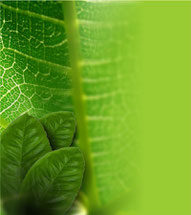Theme III.b: Micromorphological characteristics of plant drugs (vegetal drugs, herbal drugs)

Protection tissue
Protection tissue. Definition and characteristics. Suberized tissue and dermal tissue.
It´s form by insulating tissues that protect the vegetal surface, among them:
- Dermal tissue
- suberized tissue
Suberized tissue (corky tissue)
The corky tissue owes its formation to the activity of a secondary meristem, cambium cork or phellogen. It forms peripheral pods, which in this case are always multi stratified and may have the appearance of a coating suberose.
This tissue is formed in the older parts of the plant and in the aged stems that have lost the epidermis, it can also be formed from a wound.
The suberose tissue decreases the water evaporation much more intensively than the epidermis. When the epidermal tissue disappears is replaced by the corky tissue and the stomata disappear and are replaced by lenticels, which ensure the bio-gas exchange.
The cork thick scabs prevent parasites attack and protect the plant from excessive temperature rise.
Other adult tissues
see also
Protection tissue. Definition and characteristics. Suberized tissue and dermal tissue.

 Pharmacognosy´s topics - Medicinal plants
Pharmacognosy´s topics - Medicinal plants


Write a comment